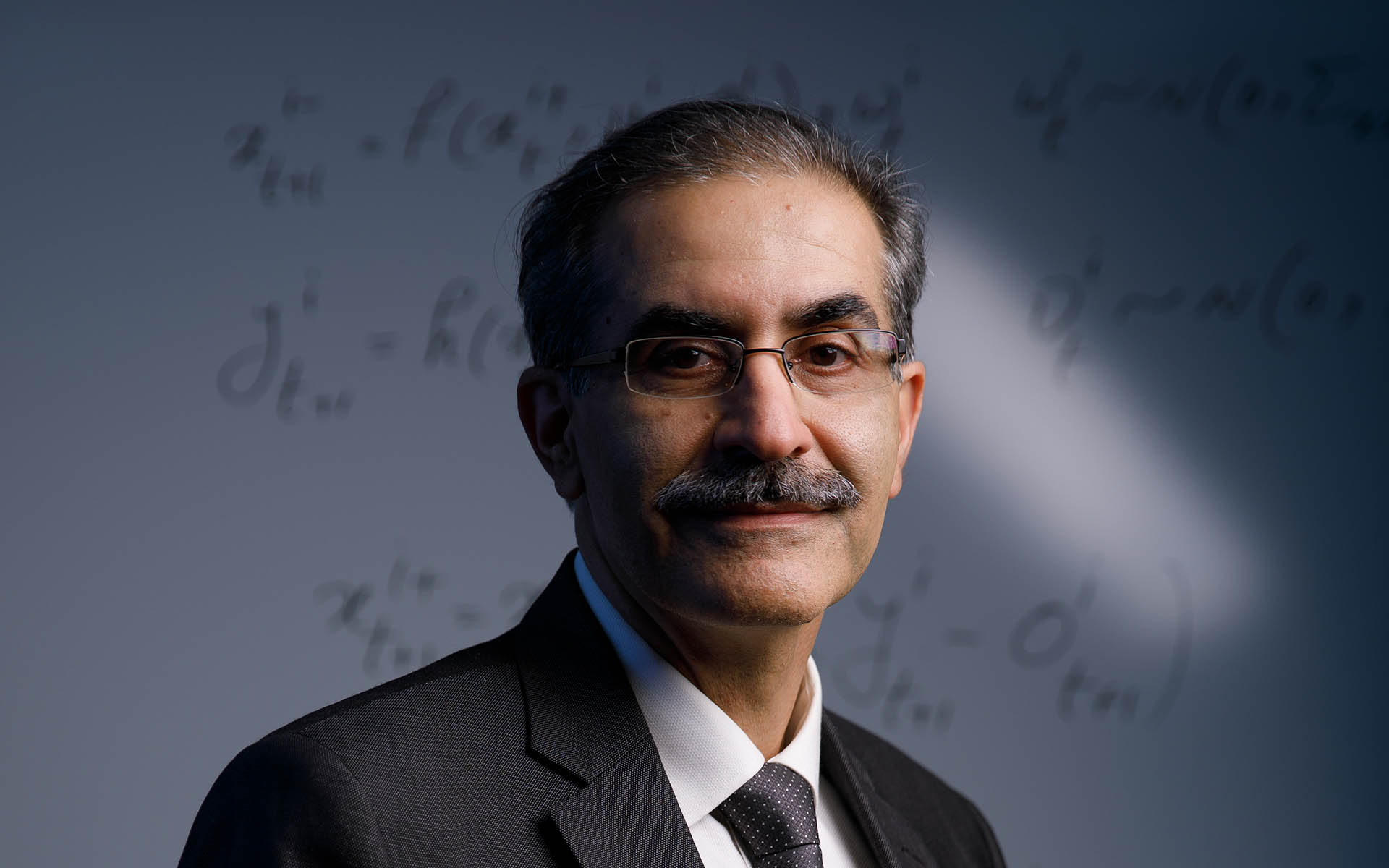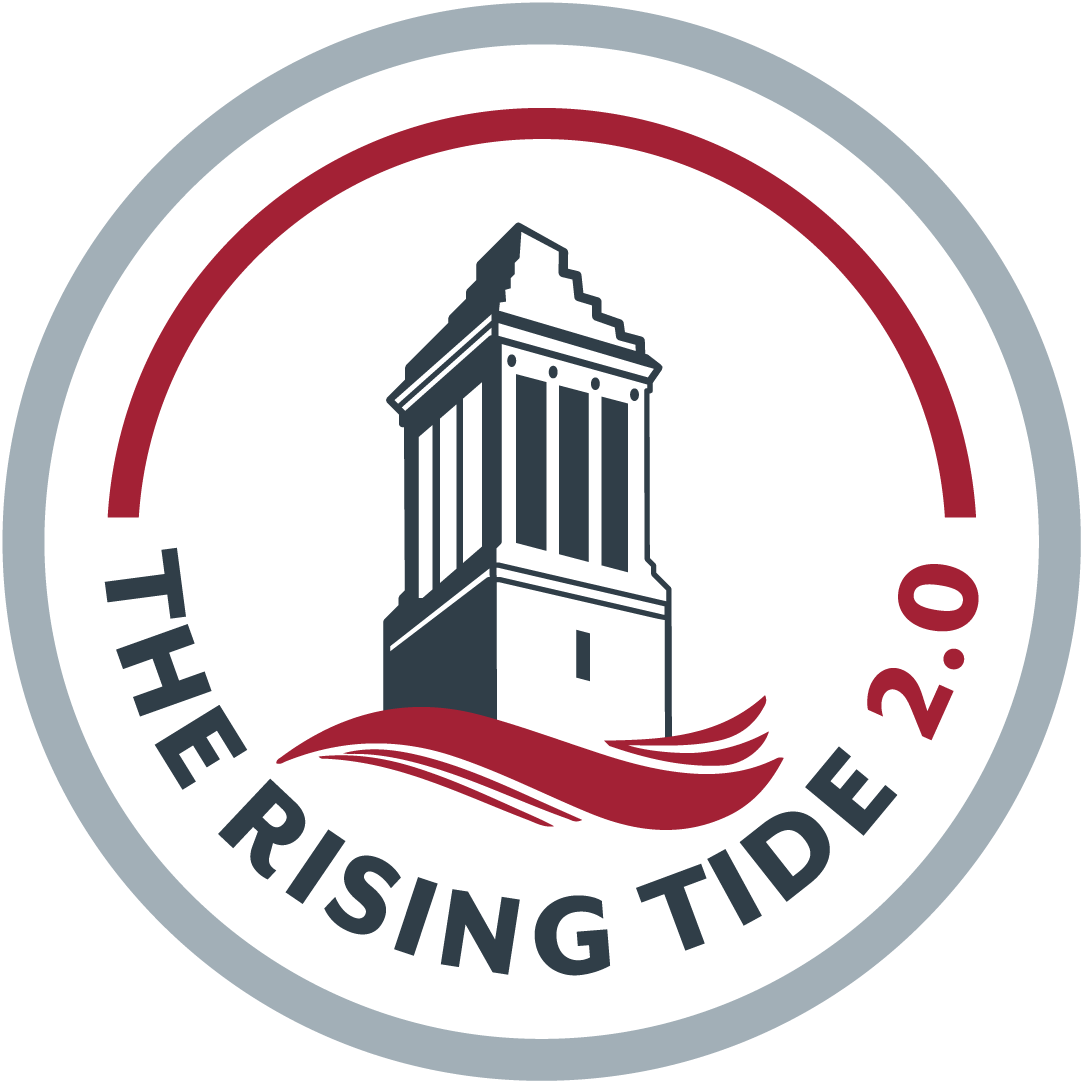In 2017, Dr. Hamid Moradkhani, a professor in the Department of Civil, Construction and Environmental Engineering, was approached by The University of Alabama to help create a water research center. Less than one year later, he became the Director for the Center for Complex Hydrosystems Research (CCHR), which he founded, and the Alton N. Scott Professor of Civil and Environmental Engineering.
“My research is multi-fold with high societal and economic relevance. The main goal is helping our state to thrive and also to protect it from natural hazards, particularly hurricane-induced floods, but also prolonged or flash droughts,” he said.

Hamid said an important aspect of his work is to “conduct transformative research,” and produce innovative technologies, such as the collaboration between CCHR and the National Science Foundation to transition agriculture practice from rain-fed to irrigation-based watering.
“Other examples are developing drought monitoring and forecasting across the continental United States, and also enhancing hazard forecasting to improve the resilience of coastal communities,” he said.
As an endowed professor, Hamid has enhanced the computational facility in the CCHR and launched several research initiatives highlighting UA’s leadership in water research.
“Being on the advisory boards of national and international entities and on the editorial board of several international journals in the field, I always have a global scope in mind for larger impact while conducting research,” he said.
For Hamid, his work at the University is not confined to groundbreaking innovations. It’s also about students such as PhD candidate Keyhan Gavahi, who look to him not only for guidance and instruction, but also for support in their research.
“He always tells us not to give up, and if we think something is right and we can work on it and do it better. He always gives us the confidence,” Keyhan said. “I have been fortunate to have smart, motivated, dependable and dedicated students over the years to accomplish what we have aimed to do,” Hamid said. “Seeing their enthusiasm, joy of productivity, state-of-the-art research and success in the next chapter of their career is the most fulfilling and rewarding part of my mentorship.”


